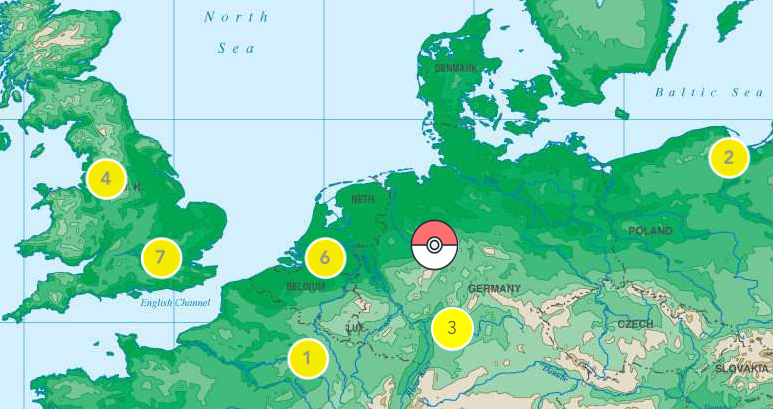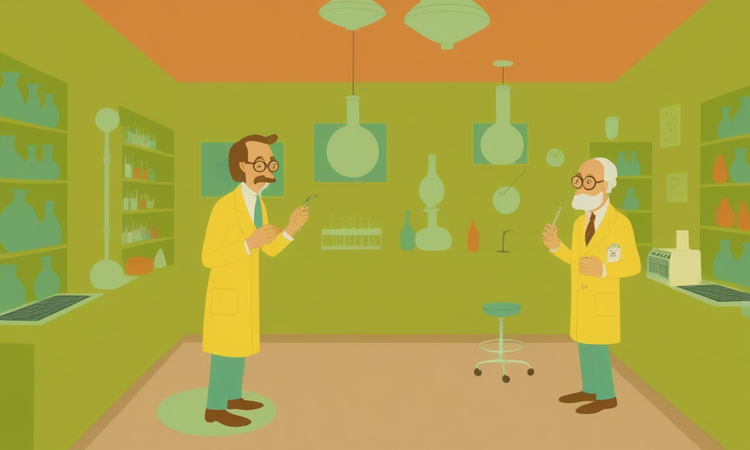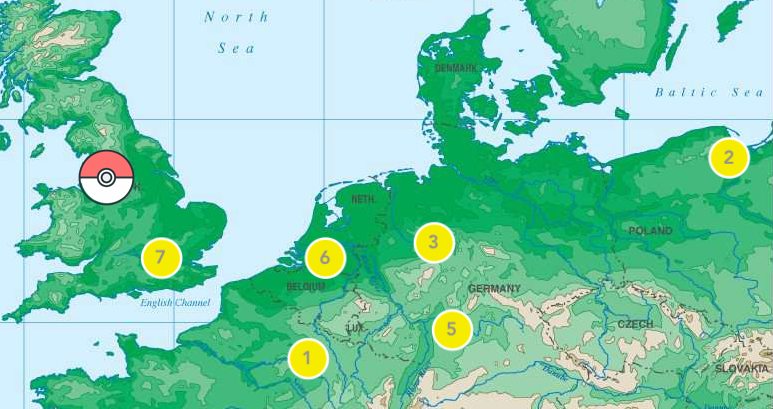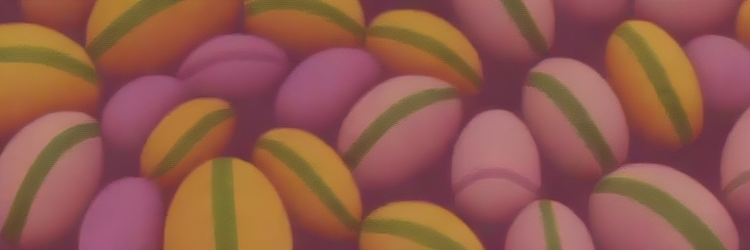The Moment All New Creations Must Suffer Through
There is a single moment at the beginning of any new project that jeopardizes the project before it can even come into being. While the moment can look so many different ways, there’s a feeling to it: the incredible discomfort of both hating mediocrity and being at a point of creation when everything can’t be excellent just yet.
It’s kind of maddening because of the cognitive dissonance. As a creator, you have a vision of what something truly great could be, and you hopefully have at least a little kernel of that greatness that you’ve started to bring to life, and if you focus in on just that little kernel you feel great, but if you zoom out to consider the whole of what you’re dreaming of it might take everything within you to not have a panic attack. In the spirit of full disclosure: I have that moment at least once a week, and if I try to avoid it, it finds me in the late hours and keeps me from sleeping until I acknowledge it and reckon with it.
This Ira Glass quote gets trotted out a lot and focused on beginners - it’s worth a watch (or you can read it below if you’d prefer).
“Nobody tells this to people who are beginners, I wish someone told me. All of us who do creative work, we get into it because we have good taste. But there is this gap. For the first couple years you make stuff, it’s just not that good. It’s trying to be good, it has potential, but it’s not. But your taste, the thing that got you into the game, is still killer. And your taste is why your work disappoints you. A lot of people never get past this phase, they quit. Most people I know who do interesting, creative work went through years of this. We know our work doesn’t have this special thing that we want it to have. We all go through this. And if you are just starting out or you are still in this phase, you gotta know its normal and the most important thing you can do is do a lot of work. Put yourself on a deadline so that every week you will finish one story. It is only by going through a volume of work that you will close that gap, and your work will be as good as your ambitions. And I took longer to figure out how to do this than anyone I’ve ever met. It’s gonna take awhile. It’s normal to take awhile. You’ve just gotta fight your way through.”
I find the phenomenon Ira’s describing isn’t just relevant to beginners, but also to beginnings. The only thing that really changes is the level of confidence of the creators that they can bring the vision to life. For beginners, they just hope they can get something done, get something out there. As we progress, we want that something to come closer and closer to the vision we have in our head for it. Just putting something out there isn’t good enough.
There is no easy recipe for how to do this. It goes without saying that you have to sweat the details both big and small, but when do you know that you’re belaboring one part to the detriment of the attention and devotion needed in another part? I’ve learned that it comes down to your ability to dialogue with your internal tastemaker’s voice. In those late night reckonings that I have with myself, it’s not the internal voice shouting at or ridiculing me anymore. It’s more of a gentle prodding, and I find that I can respond to myself with suggestions, “what if we try this or that?” Or, my current favorite, “I know. You’re right, but I can’t refine that while leaving this part underdeveloped.”
Your internal tastemaker will never be fully satisfied, because your tastes will continue to develop as you continue to create. It’s actually the job of that internal voice to push you to your limits; the worst mistake you can make is to think that your job is to convince the voice to settle for less. Like I said at the top, it’s a place of incredible discomfort that we have to learn to live in.






Member discussion